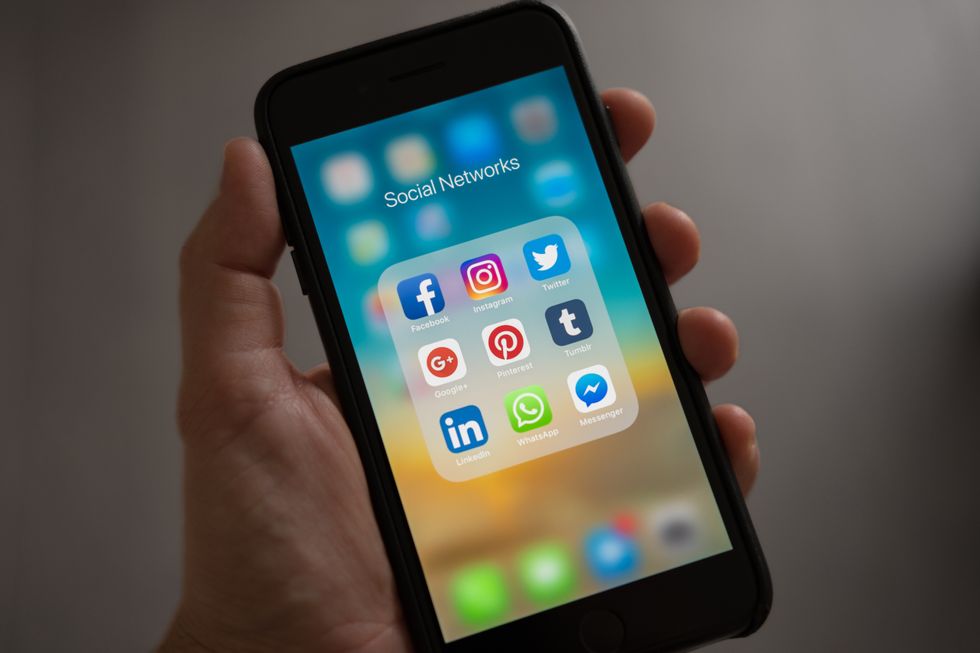Most people these days have a profile on at least one platform of social media, but almost everyone who is on social media has more than one. I have four: Twitter, Instagram, Facebook and Snapchat, and I used to have more. If I was born a few years earlier, that number probably would have been higher, but I launched my internet presence right around the time of Myspace’s obsolescence.
Since it’s fruition, social media has held an unrelenting grip on society, and that grip seems to only be getting tighter as each new generation grows up with their baby photos plastered all over the internet before they can even walk. Don’t get me wrong, I love seeing all the babies my friends and family are having when I live so far away from them, but those babies have a social media presence, sometimes even their “own” accounts before they can say “Mama.”
As more and more people grow up with the Internet, we’re beginning to see some of the effects that social media has on our lives. From cyberbullying to catfishing, the internet is an easy place to hide your true self, but it’s also a platform for immense transparency in your life.
It is incredibly easy to instantly update your location for all of your followers (or non-followers if your account is public) to see, and it’s easy to post all of the goings-on in your life. However, with this constant transparency through social media, most people look for some inkling of recognition of their online presence, usually through likes, reactions and comments.
It’s that constant desire for affirmation of success and popularity through social media interaction that introduces the narcissism of the online world. Miriam Webster defines narcissism as egocentrism and self-absorption. Social media introduces narcissism into our lives through societal expectations of having the perfect lighting, angle and caption for every photo, tweet and post on our profiles. I know I’m not alone when I say that I’ve definitely deleted posts for not getting enough likes, or even not posting about events in my life because I didn’t like how the photo looked or I couldn’t come up with the right caption.
Tendencies such as this often lead people to put up a façade so that people will see only the best parts, and sometimes even fabricated aspects, of their lives to appear to be living the ideal life. The falseness that social media promotes people to project not only increases self-absorption in the hopes of appearing perfect, it can also lower the confidence of those who find themselves on the “unpopular” side of the Internet.
Too often people link their self-worth and their self-esteem to the popularity of their social media profiles. The desire to appear perfect to your followers can cause stress and anxiety over posting information or photos about your life. Depression has become all too common among social media influencers who have exhausted themselves through the constant promotion of themselves and their “brand” of the ideal lifestyle.
Social media is a great platform to connect with friends, family and loved ones, but there are some hidden dangers to be wary of. There is nothing wrong with wanting to share your life and special events with those you want to stay connected with, but there is a thin line between staying connected and falling down the rabbit hole of Internet expectations.
I don’t know about you, but the next time I post I’m definitely going to ask myself, “Am I sharing this simply to entertain my followers or to actually include and update them on my life?”






 The minimum wage is not a living wage.
StableDiffusion
The minimum wage is not a living wage.
StableDiffusion
 influential nations
StableDiffusion
influential nations
StableDiffusion











